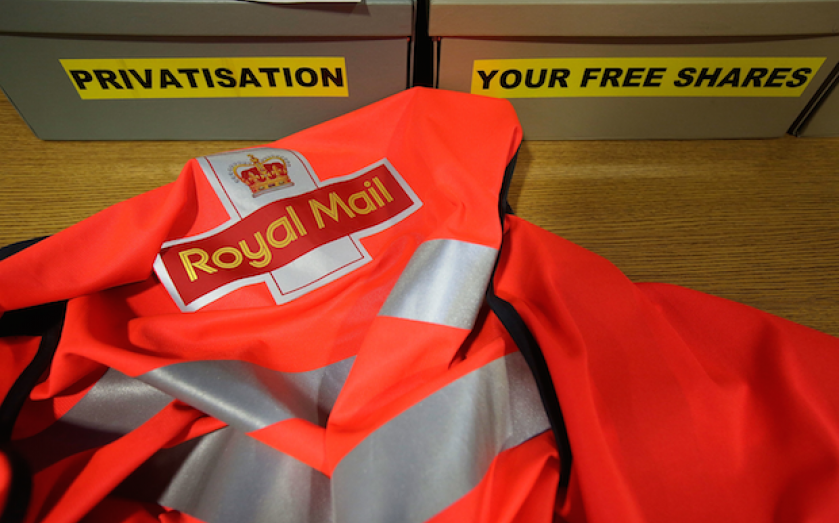Government hits back over Royal Mail privatisation

The government has defended the way in which Royal Mail was privatised last year.
Ministers have taken to the airwaves after the National Audit Office (NAO) published a report concluding that the government undervalued Royal Mail at the expense of the taxpayer.
Amyas Morse, head of the NAO, said:
The department was very keen to achieve its objective of selling Royal Mail and was successful in getting the company listed on the FTSE 100. Its approach, however, was marked by deep caution, the price of which was borne by the taxpayer.
Business minister Michael Fallon, told BBC Radio 4's Today programme the deal represented "value for money for the taxpayer."
He added that "a loss-making public corporation has now been transformed into one of the top 100 British companies."
The watchdog also said that the department for Business Innovationa and Skills (BIS) held firm with the lower valuation to keep 16 key long-term institutional investors on board. However, close to half of the shares allocated to these investors were sold shortly after the sale.
The NAO criticised fees paid to financial advisers Lazard, whose £1.5m bill was not dependent on valuation, saying the incentives offered meant “the taxpayer interest was not clearly prioritised within the structure of the independent adviser’s role”.
Royal Mail listed on the London Stock Exchange on 11th October 2013. Shares jumped 38 per cent from 330 pence to 455 pence. The government raised close to £2bn from the sale of its 60 per cent stake.
On the day of Royal Mail's sale the institutional offering was 24 times oversubscribed.